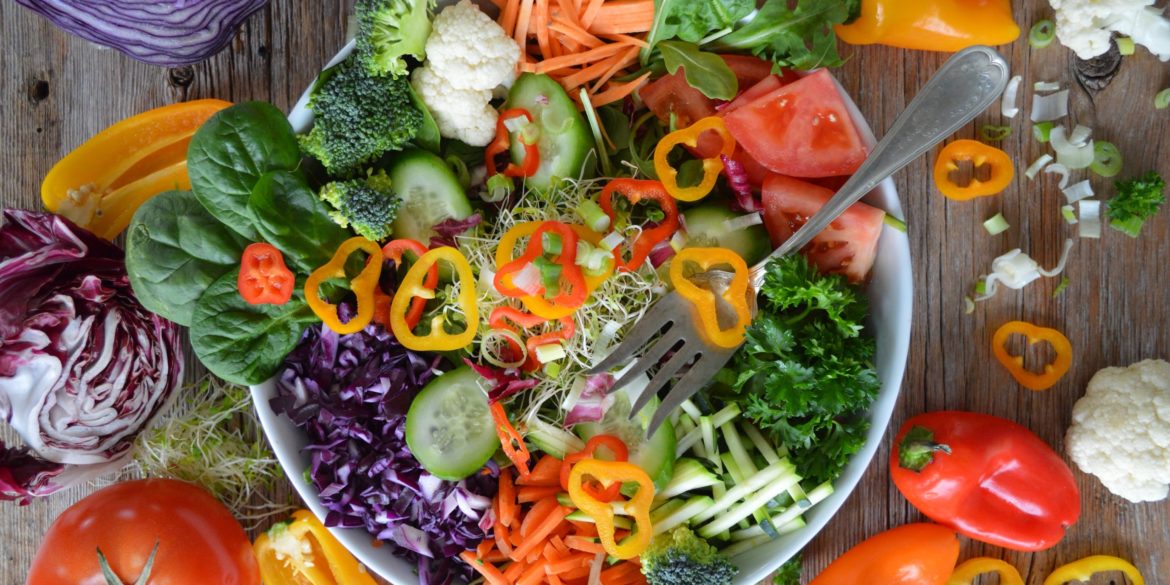“Some people think plant-based diet, whole foods diet is extreme. Half a million people a year will have their chests opened up and a vein taken from their leg and sewn onto their coronary artery. Some people would call that extreme.“
– Dr. Caldwell Esselstyn
“But where do you get your protein?” This is a common question people ask when they start pondering a whole-food, plant-based diet (WFPB). Wildcatters are always concerned with being healthy and being on top of their game. So here is some information to help sort through all of the healthy jargon one encounters. Knowing one’s health options is more vital now than ever. According to the latest research, for the first time in history, the current generation of youth is predicted to live a shorter life than their parents and obesity is the reason.
THE FACTS
- More than one-third (36.5%) of U.S. adults have obesity.*
- The annual medical costs for obesity in the United States is $147 million annually (in 2008 dollars)*
- Worldwide, the rate of obesity has nearly doubled since 1980, with just over 200 million adult men and just under 300 million adult women obese.**
- Over 75 percent of hypertension cases are directly linked to obesity.***
- Approximately two-thirds of U.S. adults with type 2 diabetes are overweight or have obesity.***
Whole-Foods, Plant-Based is a diet consisting of mostly plant foods that have no or minimally processed products like applesauce, oatmeal, hummus, and salsa. The mantra goes “nothing with a face or a mother”, no oils, and minimal nuts. What is allowed are fruits, vegetables, tubers, sea vegetables, legumes, grains, mushrooms, and yeast. Basically avoid all animal products.
Vegan is usually considered a lifestyle that avoids all products dealing with animals, such as not wearing leather, wool, or fur products. Some people choose to follow a vegan diet and not the lifestyle. Vegans avoid all animal products and by-products including honey, while honey would be acceptable to most plant-based diets. Vegans could technically eat french fries, gummy bears, colas, and chips. These junk foods do not contain animal products and could be consumed by vegans, but most plant-based followers would not eat those products.
Vegetarians will not eat meat but will eat, dairy products such as butter, eggs, ice cream, and yogurt. Vegans and plant-based diets would not eat these products.
Flexitarian is a relatively new term to describe those who adopt a healthier lifestyle by significantly limiting meat and most dairy intake while focusing on plants and beans. Like it suggests, it is flexible, with many admitting they will occasionally eat a steak or burger.
As to the protein question at the start of this article, the answer is that vegetables, grains, and legumes are rich in protein. Lentils will add 9 grams of protein to your meal per half cup, along with nearly 15 grams of fiber. 100 calories of steak equal about 5.4 grams protein and 100 calories of broccoli equal to about 11.2 grams of protein. So eat your veggies!
*Centers for Disease Control and Prevention
**Harvard School of Public Health website
***Campaign to End Obesity website


